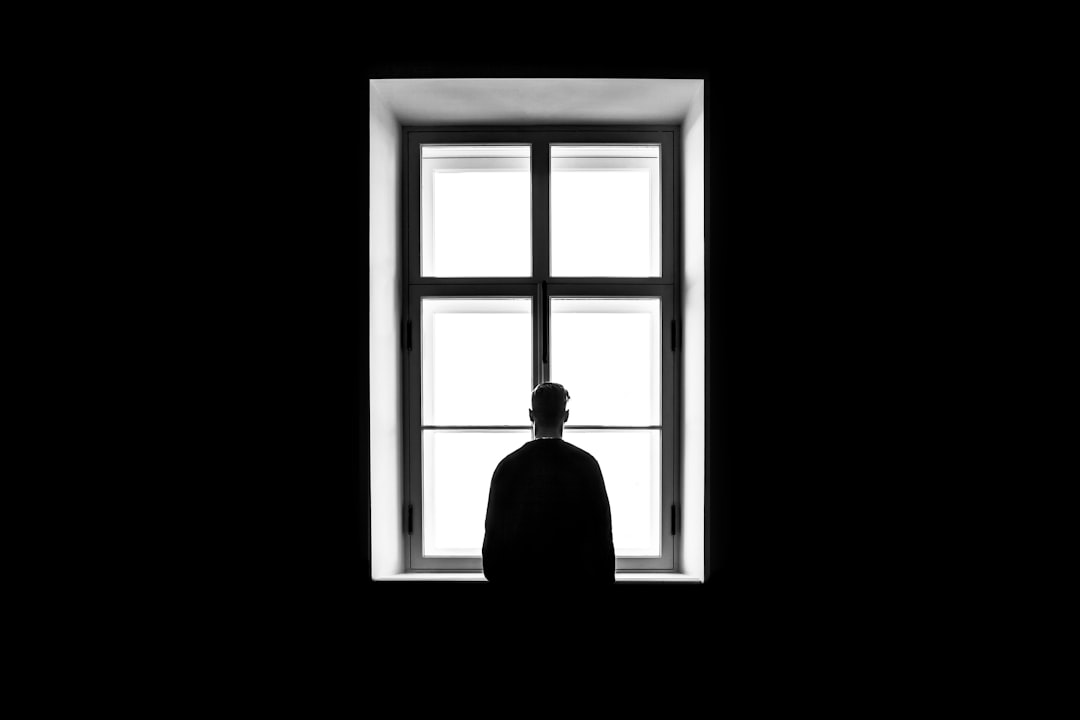All Nonfiction
- Bullying
- Books
- Academic
- Author Interviews
- Celebrity interviews
- College Articles
- College Essays
- Educator of the Year
- Heroes
- Interviews
- Memoir
- Personal Experience
- Sports
- Travel & Culture
All Opinions
- Bullying
- Current Events / Politics
- Discrimination
- Drugs / Alcohol / Smoking
- Entertainment / Celebrities
- Environment
- Love / Relationships
- Movies / Music / TV
- Pop Culture / Trends
- School / College
- Social Issues / Civics
- Spirituality / Religion
- Sports / Hobbies
All Hot Topics
- Bullying
- Community Service
- Environment
- Health
- Letters to the Editor
- Pride & Prejudice
- What Matters
- Back
Summer Guide
- Program Links
- Program Reviews
- Back
College Guide
- College Links
- College Reviews
- College Essays
- College Articles
- Back
An Absurdist Lens: Waiting for Godot
An absurdist rules humanity’s existence a mere object of ridicule as its admirable but fruitless attempts to create meaning in a meaningless world prove to be misplaced in the dysfunctional universe. Even though this contention against the absence of meaning never ceases, it can be eased with diversions; nonetheless, the absence of such diversions might cause hopelessness. The immutable environment to which Vladimir and Estragon are exposed to in Samuel Beckett’s Waiting for Godot mirrors a cyclical path of life; their inability to flee their desolate surroundings worsens their despondency in the hope of relief from their futile wait; and their suffering elicits the primary ill of men in unsuccessful attempts to find meaning in meaninglessness.
Vladimir and Estragon are not only driven insane by being imprisoned in the same environment of desolate rocks and a lifeless swamp, but it also breeds a sense of futility that the two periodically give in to. Vladimir’s cynical pessimism is most evident when he questions their ability to escape. His paranoid doubts about finding salvation are, in large part, the result of the numerous disappointments that have kept them in their same hopeless situation. The two eventually admit to having suicidal thoughts, and the nonchalant manner in which they quarrel over who should die first reveals a full resignation to any chance of salvation at that very moment, since no other options are even considered.
The last decision Vladimir and Estragon made to postpone suicide in order to see if Godot would arrive the next day demonstrates the thin line that prevents them from taking their own lives out of desperation and a mistrust of hope. Their fundamental flaw is their refusal to accept their circumstances as they are and instead imagine them as a transient dilemma. It fails because their failure serves as a reminder of their futility, adding insult to injury and triggering desperation and suicidal sentiments in their already irrational and impulsive brains. They resist, they dispute, they wander, all in an effort to escape their circular existence. The refusal of fate in favor of a sputtering hope for the escape from daily meaninglessness prevents humanity from finding the solace it so desperately seeks, and the ensuing let downs by the fragility of hope send it down an abyss of despair. Here, the two protagonists perfectly capture the human condition.
A standing juxtaposition the desire for change poses to the permanence of reality, comparable to the search for meaning in an absurd and meaningless world. The attempts to find meaning became the central plank of the world’s ridicule at humanity, and in the face of such mockery, optimism is dashed. Consequently, one may descend into irrationality, impulsiveness, despair, and bewilderment. Humanity can acquire the peace of mind that Vladimir and Estragon tried to assemble with their continual expectation for Godot’s coming in their unchanging, barren surroundings only by accepting the unchanging, cyclical, meaningless universe.
Similar Articles
JOIN THE DISCUSSION
This article has 0 comments.

